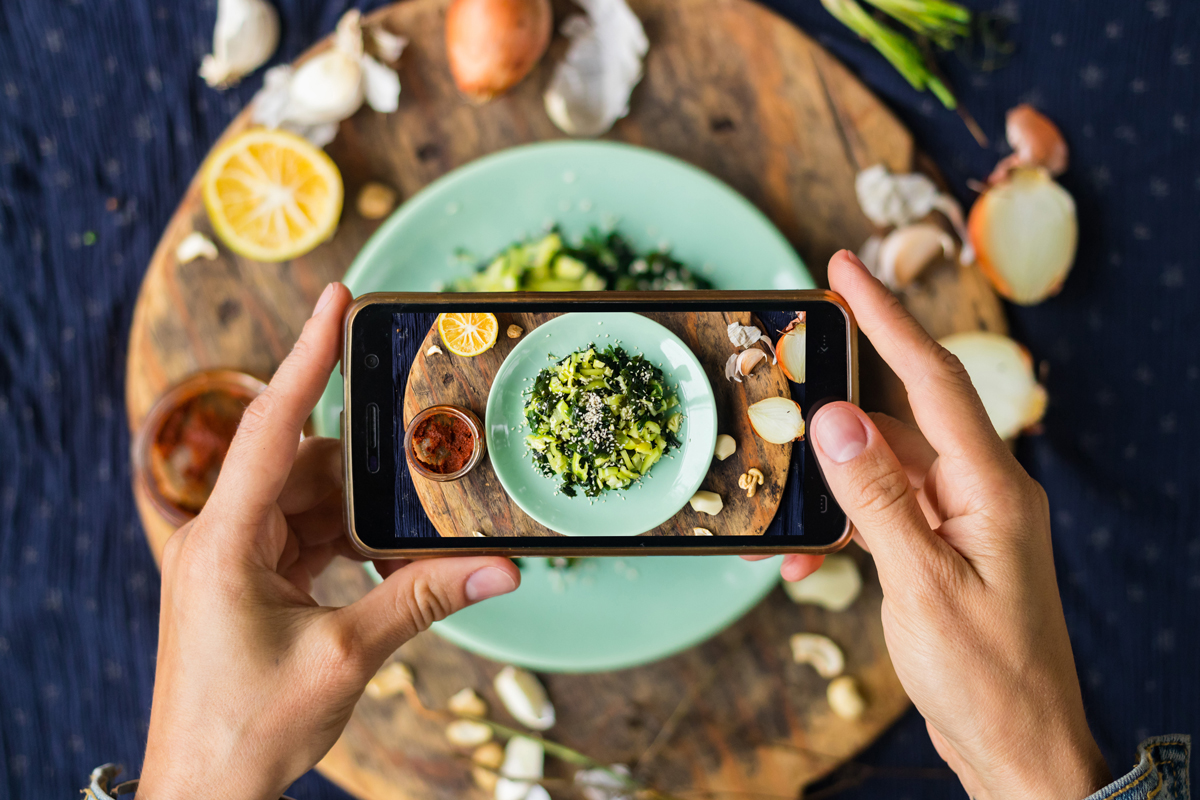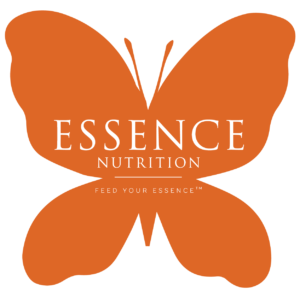We all know 2020 was a year for the books. Productivity decreased and we lost our ability to engage in social activities such as vacations, dinners with the family, or even something as simple as a park trip. Since the pandemic began, the average person has increased their “screen time” on social media platforms due to their inability to engage in in-person events. Now that most information is consumed via applications like Instagram, TikTok, Facebook, and others, it begs the question …how does social media consume people’s lives?
The Social Media Deep Dive
It’s common knowledge that media platforms promote influencers and celebrities that set unrealistic expectations, leave the public feeling inadequate, or encourage followers to feel the need to “catch up”. Noting, understanding, and questioning the pages followed and time spent on social media is the first step in understanding behavioral patterns and why individuals feel and act in certain ways.
One way I have help my clients combat this is to take a deep dive into who or what they choose to follow. Taking a moment to reflect on how these pages truly make them feel. Most scientists have contributed social media use to dopamine release but which can be tied into why we think and act certain ways about ourselves and our bodies. For example, an innocent fitness influencer follow can quickly lead down the road to self-hate and discouragement as they post their best angles, filtered pictures, and pre-recorded and edited content.
Influencers, Influence
This is not to bash all social media influencers as there are noteworthy experts and professionals providing valuable health information in the cybersphere; rather, this is to note which ones are promoting pseudonutrition advice (not backed by evidence!) and heavily influenced by diet culture or fad diets.
The role of an influencer is to influence their audience by changing behavioral and purchase patterns. Some ways I encourage my clients to be more critical of what they consume is by watching out for those that promote constant productivity without acknowledging the whirlwind of the year (2020) or honor mental health needs- i.e. “just push through the pain”. Another way to scope out influencers looking to make quick cash grabs out of their audience is when they promote supplements like “detoxes” to “help” the body with questionable efficacy and ingredients.
As a registered dietitian, I’m here to say that nobody needs a product for something that the human anatomy is system designed to do (I’m speaking to you, “immune-boosting” supplements!). The only “detox” the public needs is a detox from this lack of evidence-based content. I truly recommend that all my clients be more critical content creators and ensure their feed is serving their best interests.
While looking at pretty images can be entertaining, focusing on how these may enhance or worsen your mood is optimal for success in the new year. My hope for all my current and future clients in 2021, and beyond, is that they engage with creators who understand their unique individual necessities, cultural, and human needs. If you’re looking for a registered dietitian to help you pursue meaningful and health-enhancing goals without the toxic and stigmatizing social media and diet culture mentality — we are at the ready (virtually, and in-person!) The space and work we create is a unique realm where all needs are heard and valued throughout the nutrition work we do.
Happy new year and cheers to a refreshed social media!






